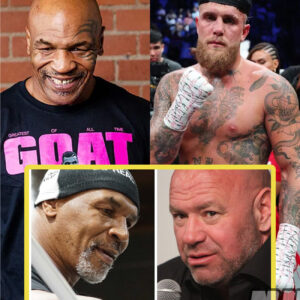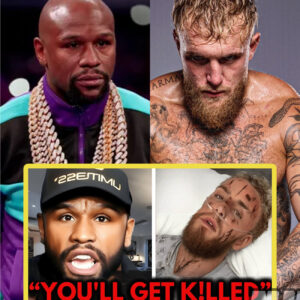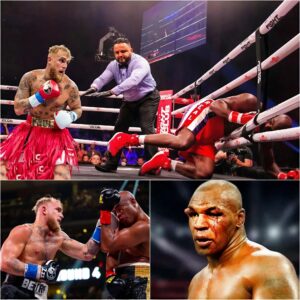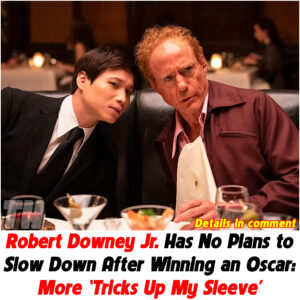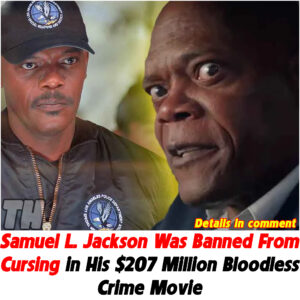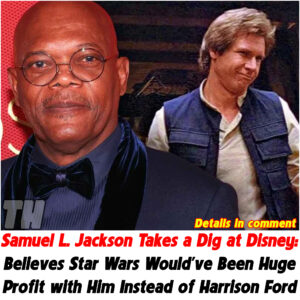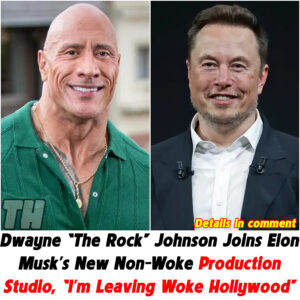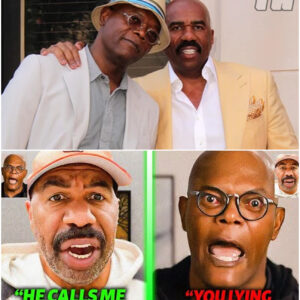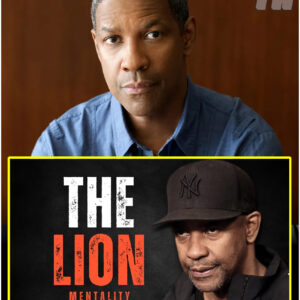In a recent revelation that has sparked heated debate across social media platforms.
Actor Terrence Howard has shed light on the controversial issue of black actors being pressured to wear dresses in Hollywood films.

Howard, known for his roles in hit movies like “Crash” and “Iron Man,” has boldly spoken out against what he perceives as an agenda to emasculate black men in the film industry.
The controversy resurfaced when fellow comedian and actor, Katt Williams, voiced similar concerns during a recent appearance.
Williams alleged that Hollywood has a longstanding practice of coercing black actors into donning dresses on screen, often as a prerequisite for advancing their careers.
Howard’s remarks echoed Williams’ sentiments, as he revealed his own experiences of being pressured to conform to this trend.
According to Howard, he faced backlash from industry executives after refusing to play roles that required him to wear dresses.
He claimed that this resistance led to him being labeled as “difficult to work with,” ultimately affecting his opportunities in Hollywood.
Howard’s decision to speak out against this practice has reignited a long-standing debate within the entertainment industry.
The issue of black masculinity in Hollywood is not a new one. For decades, black.
Actors and comedians have criticized the industry’s tendency to portray black men in stereotypical and emasculating roles.
Eddie Griffin, in his 1999 comedy “Foolish,” highlighted the pressure faced by black actors to wear dresses on screen.
Similarly, Dave Chappelle and Martin Lawrence have shared their own experiences of being pushed to wear dresses for comedic effect.
The debate gained further traction when Kevin Hart, initially dismissive of Chappelle’s claims, eventually found himself in a dress for an SNL sketch.
This apparent contradiction has fueled speculation about the influence of Hollywood executives and the pressure placed on black actors to conform to certain expectations.

Critics of Howard’s stance argue that wearing a dress for comedic purposes should not be viewed as emasculating.
However, supporters of Howard and Williams contend that there is a deeper issue at play – one that perpetuates harmful stereotypes and undermines black masculinity.
In recent interviews, Howard has doubled down on his criticism of Hollywood, accusing the.
Industry of demonizing strong black men while allowing white men to embody strength and vulnerability simultaneously.
He argues that black actors are unfairly limited in their portrayal of masculinity, often being pigeonholed into narrow and restrictive roles.
The response to Howard’s comments has been mixed, with some praising his courage.
In speaking out against industry practices, while others dismiss his claims as conspiracy theories.
However, the debate surrounding black masculinity in Hollywood continues to resonate, prompting soul-searching within the industry itself.
As audiences grapple with these complex issues, the conversation around representation and diversity in film is more relevant than ever.
Howard’s outspokenness has sparked a much-needed dialogue about the challenges.
Faced by black actors in Hollywood and the broader implications for cultural representation in the media.
Whether or not meaningful change will result from these discussions remains to be seen.
But one thing is clear – the issue of black masculinity in Hollywood is far from resolved.
News
(VIDEO) Dana White REACTS to Mike Tyson vs Jake Paul POSTPONED FIGHT
**Anderson Silva and Chael Sonnen: From Boxing Match to Hall of Fame Induction** In an unexpected turn of events, former MMA rivals Anderson Silva and Chael Sonnen…
(VIDEO) Mike Tyson Just ANNIHILATED Jake Paul And WARNED To FINISH Him!
**Iron Mike vs. The Problem Child: The Showdown of Eras** The boxing world is abuzz with the upcoming clash between two unlikely adversaries: the legendary Mike Tyson…
(VIDEO) MIKE TYSON SCARY NEW FOOTAGE!👀(FULL TRAINING) Mayweather, Lennox & Joe Rogan WORRIED for JAKE PAUL??
### Mike Tyson vs. Jake Paul: The Fight That Never Was The world of boxing thrives on spectacle, and few events captured the public’s imagination like the…
(VIDEO) Joe Rogan Just RIPPED Jake Paul After He Quit Mike Tyson Fight
### Jake Paul vs. Mike Tyson: The Fight That Never Was In a world where spectacle often triumphs over substance, Jake Paul’s announcement to fight Mike Tyson…
(VIDEO) Floyd Mayweather Just WARNED Jake Paul To CANCEL Might Tyson Fight
### Jake Paul vs. Mike Tyson: The Looming Showdown and Floyd Mayweather’s Dire Warning In the ever-dramatic world of boxing, a potential clash between social media sensation…
(VIDEO) Joe Rogan Just EXPOSED Jake Paul With LEAKED Audio Files For BRIBING The Referee
In an unexpected twist, a leaked video has surfaced showing a private match between Jake Paul and Mike Tyson, revealing that Paul had to pay approximately $100…
End of content
No more pages to load
